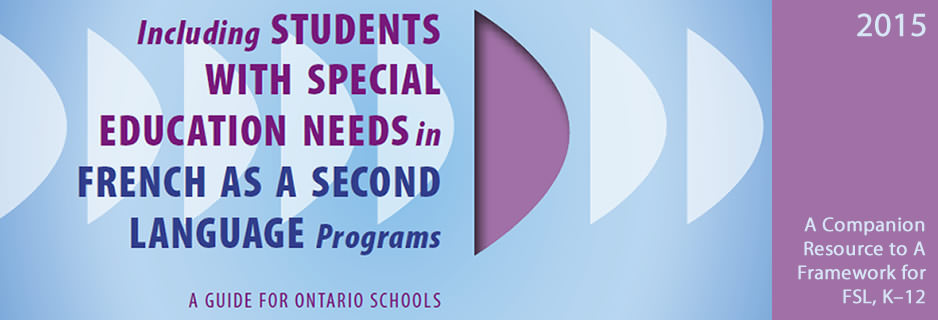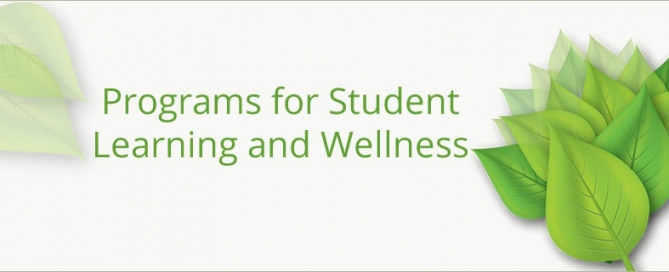The classroom can be a demoralizing place for students who struggle with learning disabilities. These children are intelligent and many are gifted (twice exceptional); yet because of their challenges with processing, working memory, and executive function, their grades rarely reflect their capabilities. A child’s self-confidence can disintegrate in the face of repeated failures and an inability to execute on demand, a situation made worse by the perceived success of their peers. How can parents help their students overcome this subversive undermining of critical self-esteem? It might be time to write a different kind of individual education plan for your child.
The individual education plans that are used in Ontario classrooms highlight accommodations and special education services, learning goals, and student strengths and weaknesses. What they rarely contain is something equally important: a path for capitalizing on student interests. Every child has a passion or competency that eclipses their struggle in the classroom, a talent or love of something that gives them joy and satisfaction. By helping your son or daughter identify and build on that point of happiness, you can help to strengthen their self-confidence and determination. It might be an artistic talent, a sport, a hobby, or an unusual aptitude such as public speaking. Whatever it is, work with family, friends, and educators to help your student grow and shine in the place where he or she feels masterful.
In a recent interview with ADDitude magazine, Debbie Phelps, the mother of Olympian Michael Phelps, recalled how important swimming became to her son’s identity. “Even on Christmas,” she said, “the pool is the first place we go, and he’s happy to be there.” For Phelps and his family, competitive swimming became the antidote to classroom struggles and learning challenges. Not every student will win Olympic gold, but every child benefits from the idea that anything is possible.
')}



